Karol Nawrocki
President of the National Remembrance Institute

Polish Relay for Freedom
Poles have always refused to their fate being decided by others. The nineteenth-century January Uprising – a heroic guerrilla war against the Russian occupier – fits in this attitude.
On Thursday evening, August 4, 1864, the churches in Warsaw’s Old Town were bursting at the seams. It wasn’t a holiday, and the heedful tsarist police guessed the reason for such large church gatherings. Word had spread among the citizens that members of the Polish National Government would be executed the following day by order of a Russian court.
Professor Andrzej NOWAK
Historian, Sovietologist and member of the National Development Council. Lecturer at the Jagiellonian University. Full Professor at the Institute of History of the Polish Academy of Sciences. Winner of the Lech Kaczyński Award, Chevalier of the Order of the White Eagle.
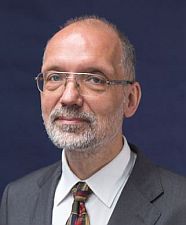
Poles, Ukrainians, Lithuanians and Belarusians do not bow their heads
2023 marks the 160th anniversary of the January Uprising. Despite the passage of years, the echoes of this uprising are still present in public debate. An important, albeit challenging, question ‘to fight (for one’s country’s freedom) or not to fight?’ is still being asked in Central Europe.
About Polish Weekly
Polish Weekly (Tygodnik Polski) is the oldest Polish newspaper in Australia and New Zealand. Its founder was Father Edmund Konrad Trzeciak CM, who created the paper to help him in the pastoral and social work among Polish refugees. The priest was also the administrator, editor, printer and distributor of the newspaper.
That the Polish Weekly could appear for sixty five years is due to the hundreds of people involved with the newspaper - writers, the technical and administrative staff, but most of all its faithful readers.
Regardless of the situation in Poland, regardless of the changes taking place in the world and in our own backyard, deeply patriotic Polish Weekly has always been committed to the independence of Poland and to the Polish community in Australia, while at same time being involved in current affairs in Australia.
Contact
Polish Weekly (Tygodnik Polski) 296 Nicholson St, Footscray Vic 3011; ph. (03) 9362 0128; email: This email address is being protected from spambots. You need JavaScript enabled to view it. (office); This email address is being protected from spambots. You need JavaScript enabled to view it. (editors)
Editorial office
Magdalena Jaskulska - Editor
Wanda Drozdowski - Technical Editor
Jagoda Korczak - Head of Office
Advertising Rates
Classified ad (up to 30 words) - $ 27.50 (inc. GST)
Other advertisements - the price depending on the size. Individual negotiations possible. For more information please contact our office.
Account number
BSB 033 000 Acc.number 45 22 43
Account owner: Polish Weekly or Tygodnik Polski













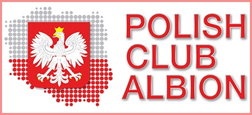

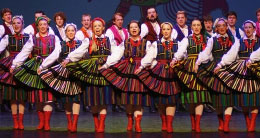
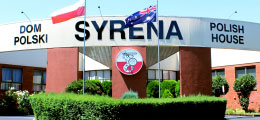

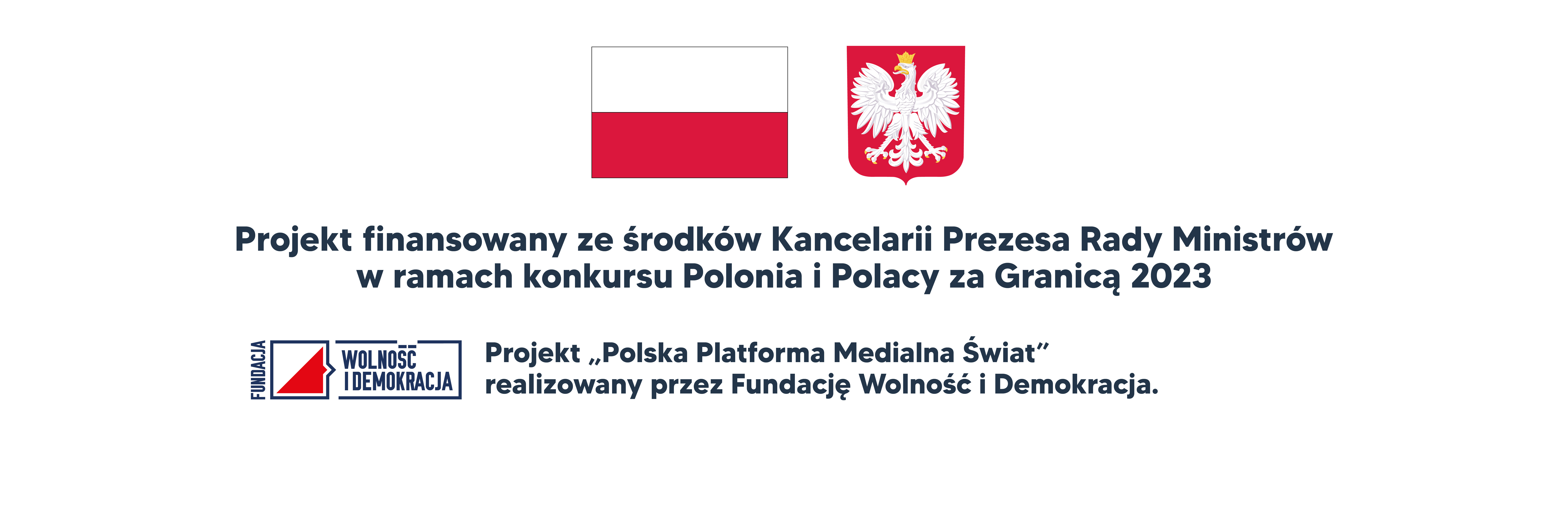

 Head Office:
Head Office: